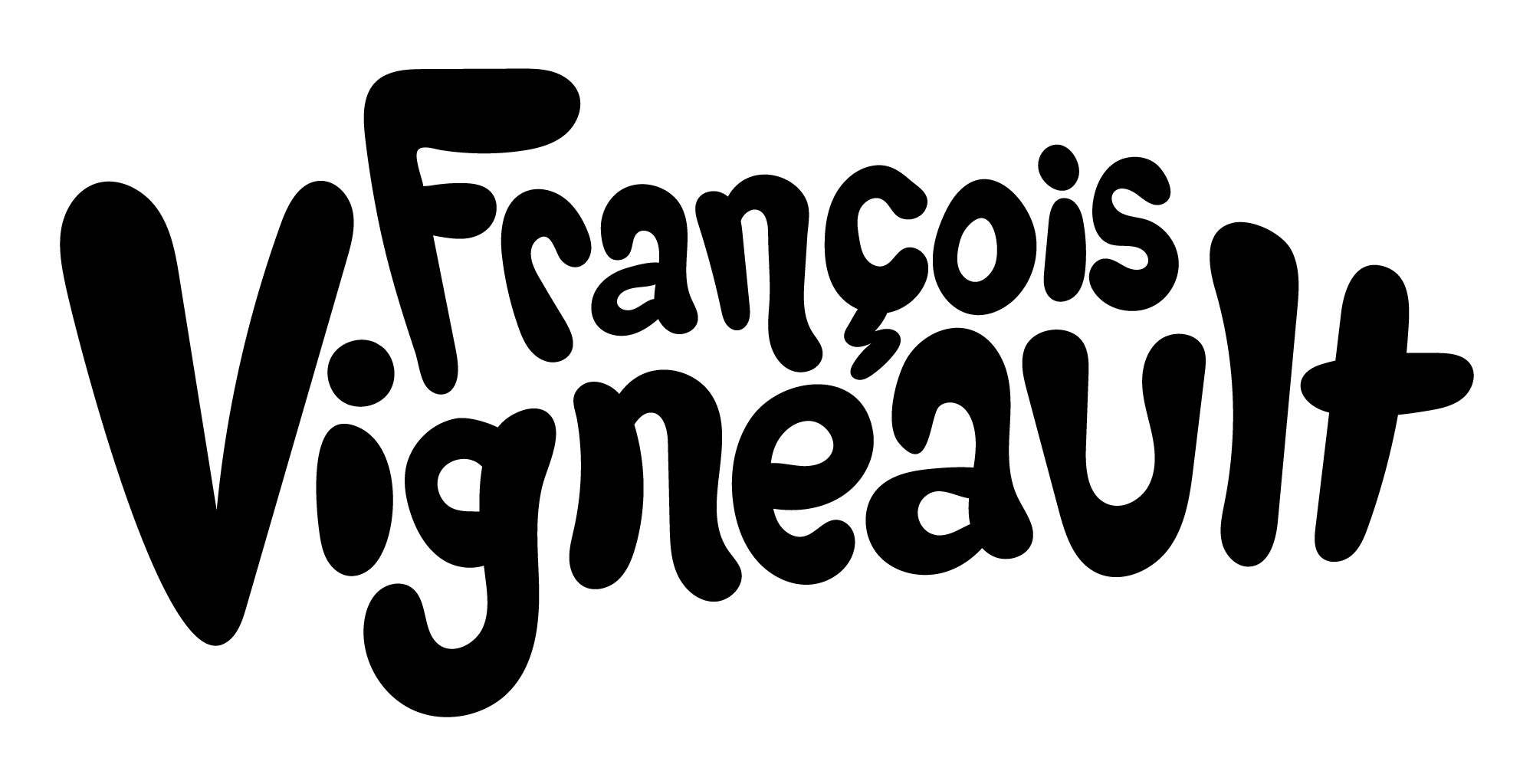Review: The Unreal and the Real: Selected Stories, Volume Two: Outer Space, Inner Lands by Ursula K. Le Guin
 Ursula K. Le Guin somehow manages to surprise me again and again over the years. Every time I think I have her figured out, or know what to expect from her, show throws another curveball (or perhaps a right hook is a more appropriate metaphor) and I’m left pleasantly dazed by the experience.
Ursula K. Le Guin somehow manages to surprise me again and again over the years. Every time I think I have her figured out, or know what to expect from her, show throws another curveball (or perhaps a right hook is a more appropriate metaphor) and I’m left pleasantly dazed by the experience.
This second volume of short stories takes us on a tour of works that are more “genre-oriented” than those tales found in the first volume, “Where on Earth” (I’ll leave it to the author herself to discuss what qualifies as “science fiction” or “fantasy” tale in the introduction). Many I had read before (sometimes many times over), and they remain plenty interesting: “Semley’s Necklace,” a scientific spin on a mythic voyage to the lands of faerie; “The Author of the Acacia Seeds,” a playful set of micro vignettes concerning the mysterious languages of ants, penguins, and beyond; “The Rule of Names,” an early Earthsea tale; “Sur” a charming and disarming account of the (secret) first voyage to the South Pole made by women; a variety of stories set in her expansive and thoughtful Hainish Cycle. A career-spanning collections of short stories like “The Unreal and the Real” is a perfect way to reacquaint oneself with a favorite author, the familiar tales, placed in new and sometimes surprising order, form new juxtapositions and connections… Here Le Guin’s background in anthropology, her fascination with the powers (and limits) of language, and her abiding interests in the pressures and patterns of gender emerge as a clear through-line over the course of decades and a wide range of styles and registers.
Other stories were new to me and held the particular delight of new discoveries… Or rather reading the reports of an explorer who tells you of new and sometimes very frightening places. “The Matter of Segrii,” told in a series of diverse documents from a world where men are rare (only one in sixteen births) and the female majority hold all the power, begins as a funny and fascinating mirror of our world’s gender roles a la “Guliver’s Travels” but continues to increase in depth and power as it goes along. The impression it gives the reader is not of fiction but rather a sobering report from a truly disturbing and even perverted world… which in the end is perhaps not unlike our own. “The Wild Girls” is so brutal and matter-of-fact in its descriptions of violence and cruelty it feels almost like something Cormac McCarthy might have written, but the setting, with its triple caste system and the strangely tender moments that unfold within the constraints of that vividly drawn society mark it as uniquely the work of Le Guin.
This world is a poorer place with Le Guin’s recent passing. Her work makes me think more, feel more, live more. I’m just glad that she left us with a lot of it to discover and re-discover in the years to come.
